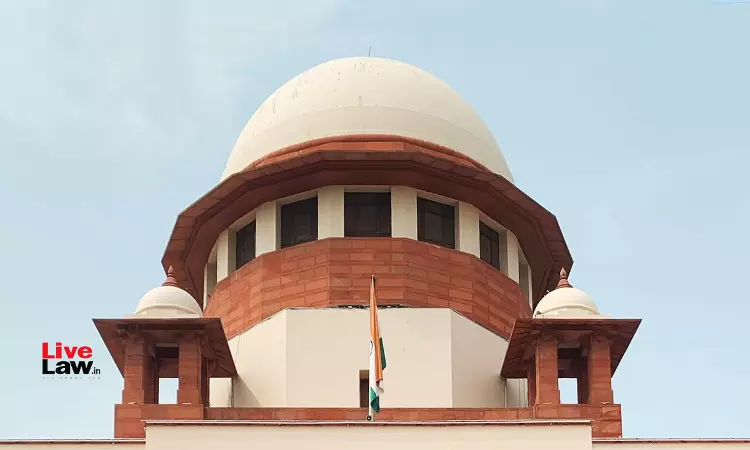'Fake' SLP Case : Supreme Court Asks Explanation From Notary Who Attested Petitioner's Affidavit In His Absence
Debby Jain
29 Aug 2024 2:58 PM IST

Next Story
29 Aug 2024 2:58 PM IST
In a case where a petitioner denied filing any Special Leave Petition and claimed ignorance of advocates who represented him, the Supreme Court has sought an explanation from the Notary, who attested the affidavit of the petitioner.The Court has asked the Notary to explain by filing an affidavit as to how he attested the petitioner's affidavit in his absence.Previously, the Court had...
